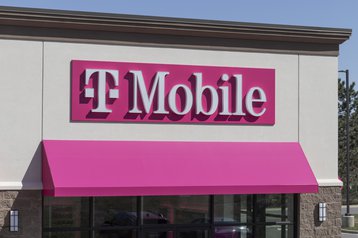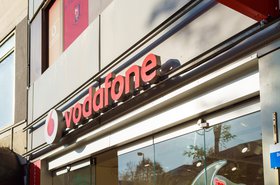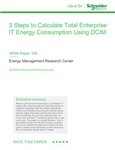T-Mobile is alleging that private investment firm WCO Spectrum has engaged in a “nationwide criminal scheme to defraud T-Mobile and its subsidiaries” over spectrum prices.
In court documents filed earlier this month, and first reported by Broadband Breakfast, T-Mobile claims that WCO's scheme sought to defraud the company and its subsidiaries out of more than $10 million.
The case relates to T-Mobile leases of 2.5GHz spectrum.
As part of its merger deal with Sprint in 2020, T-Mobile inherited several 2.5 GHz spectrum leases, with much of these held by educational institutions around the US.
However, WCO has been approaching these schools, offering to purchase the leases, claims T-Mobile, which stated that it leases the right to use certain wireless spectrums from educational institutions that hold Federal Communications Commission (FCC) licenses for that spectrum.
This is significant as it means the operator reserves the right of first refusal in most of its contracts which allows the company to match a third-party offer to purchase a spectrum license and acquire the license itself.
T-Mobile alleges that from as early as June 2020, WCO Spectrum founder Gary Winnick and his company, WCO Spectrum LLC, formed an 'illegal enterprise with co-conspirators to make fraudulent offers' to educational institutions to purchase spectrum licenses, with the intention of raising T-Mobile costs.
WCO, which describes itself as a private investment firm investing in educational broadband service (EBS) spectrum licenses in the US, reportedly entered into “secret side agreements” with these educational institutions to scoop a portion of the price hike in the event that T-Mobile matched the third-party offer, alleges the operator.
T-Mobile identified Winnick in the filing as the "Emperor of Greed" and "Master of Disaster," in reference to his time at the now-defunct telco Global Crossing.
The carrier noted that it was only because of a whistleblower, who had formerly worked at WCO, that it had become aware of this scheme.
T-Mobile said that the whistleblower came forward to the company to alert T-Mobile's counsel to the scheme, which the company said violates multiple laws.
"Defendants’ fraudulent and unfair conduct violates the Racketeer Influenced and Corrupt Organizations (“RICO”) Act, 18 U.S.C. 1961–1968, California Penal Code section 496, the California Unfair Competition Law (“UCL”), and California Business and Professions Code sections 17200, et seq., and constitutes fraud, aiding and abetting fraud, conspiracy to commit fraud, conversion, tortious interference with contract, tortious interference with economic relations, unjust enrichment, and negligent misrepresentation," said T-Mobile.
According to T-Mobile, the side agreement guaranteed the licensee will pay WCO around 10 percent of the purchase price, which T-Mobile claims WCO would attempt to hide, by requiring the licensee to sign a non-disclosure agreement.
The operator goes on to allege that WCO has offered the educational institutions more than $1.6 billion for 167 spectrum licenses.
"Even if WCO intended to make good on any of its offers—to be clear, it did not—WCO lacks the capacity to make good on anything remotely approaching all of these offers," said the operator.
To help support the scheme, T-Mobile alleges that WCO entered into a fake credit agreement with companies, noting SCH LLC as one example, where it would purport to lend the funds needed for the WCO to purchase spectrum licenses leased by T-Mobile.
T-Mobile states that SCH's role in WCO's scheme is essential, as it lends the appearance of legitimacy to WCO’s offers, but is a farce, claims the operator.
"SCH exists to create the illusion that WCO’s offers are backed by legitimate financing so that, if pressed, WCO could provide (false) evidence that its offers are real. In exchange for SCH’s fraudulent financing documents, SCH receives eight percent of WCO’s ill-gotten kickbacks," claims T-Mobile.
DCD has contacted WCO Spectrum for comment.







